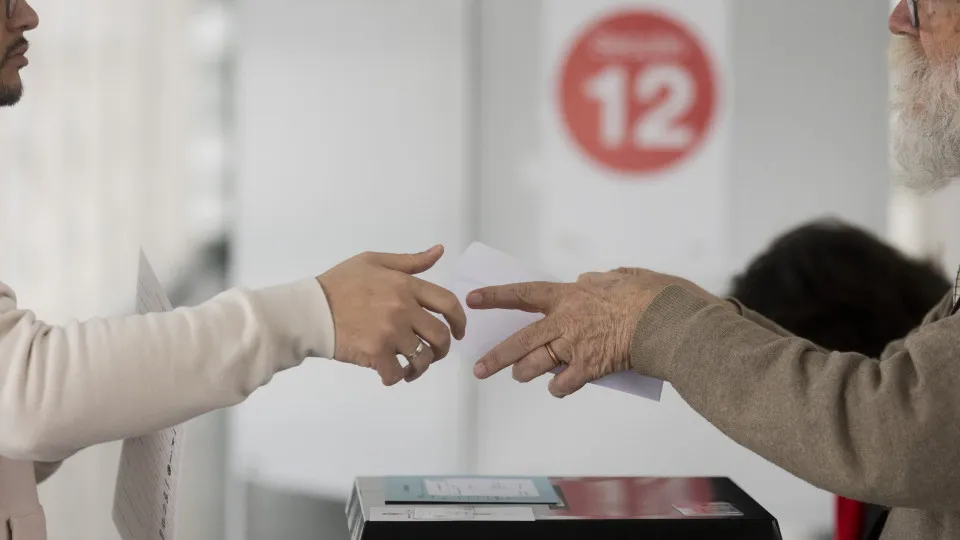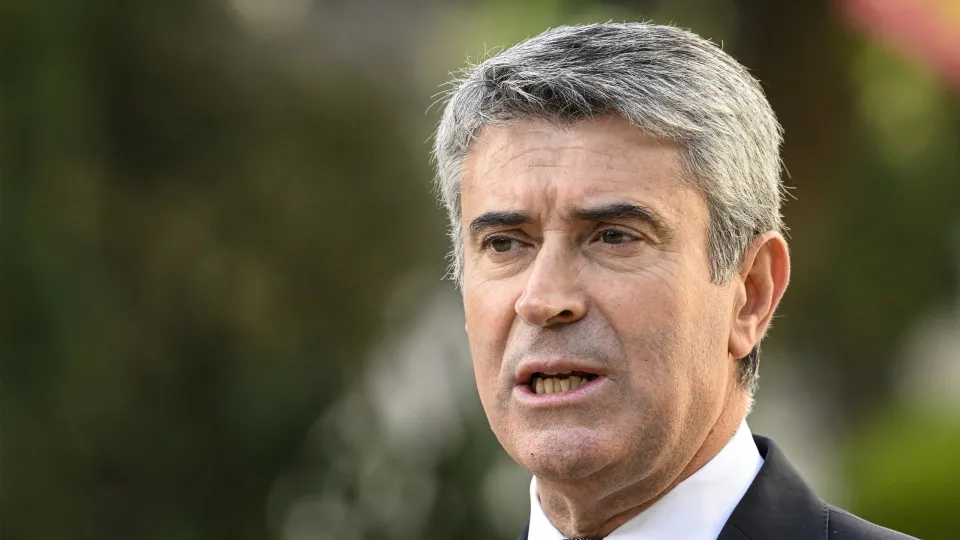
The National Elections Commission (CNE) presented an opinion following a complaint by André Pestana, a presidential candidate and national coordinator of the Trade Union for All Education Professionals (Stop). Pestana protested his exclusion from 28 televised debates broadcast by RTP, SIC, and TVI, despite meeting the requirement of 7,500 signatures to qualify as a candidate.
“Acknowledging the need to balance editorial criteria with equality of opportunity, the current model does not effectively promote broad access for various candidacies to the public forum of televised debate,” the opinion states.
The CNE highlights the “clear tension between two principles rooted in the Constitution of the Republic: equal treatment and opportunity for candidates during the electoral period, and editorial freedom and programming autonomy.”
“The legal framework appears to prioritize editorial freedom over other rights and freedoms throughout the electoral period. This, however, severely undermines the core of equality of opportunities and treatment of diverse candidacies, a general principle of electoral law, thus affecting the foundation of the Democratic Rule of Law in the Portuguese Republic,” warns the commission.
The CNE emphasizes that “at the core of the general principle of equal treatment of candidacies is equality in access to propaganda conditions, particularly in accessing media outlets.”
“This ensures the democratic nature of the election as it aims to constitute a body for a future mandate, reflecting the popular will through a free and informed vote,” the statement continues.
Therefore, notwithstanding the provisions of law no. 72-A/2015, of July 23, governing journalistic coverage during the electoral period, the CNE asserts that “the principles enshrined in the Fundamental Law demand and impose effective equality of opportunities and treatment for all candidacies. Thus, the defined debate model must adhere to the constitutional and legal mandates concerning equal treatment and opportunities for all candidates.”
The CNE further notes that this law considers “a criterion of representativeness based on ‘the last elections'” for debate organization, which has “very limited applicability concerning presidential elections, as it implies candidates’ re-application, thereby significantly reducing its scope.”
The commission recalls its recent warning that “the reported operational model concerning the three television operators—entailing joint negotiation and distribution of debate editing and broadcasting rights—does not align with promoting equality of opportunity among candidacies during electoral periods.”
This authority cautions that “information concentration practices and coordination among channels may restrict plural access to media, limit citizen enlightenment, and ultimately compromise the effective equal treatment of candidacies.”
“Such behavior, by reducing available space for all candidacies to express their positions, does not contribute to the observance of the constitutional principle of equality of opportunities as established in Article 113, paragraph 3, subparagraph b) of the Constitution,” the opinion states.
The presidential elections are scheduled for January 18.




